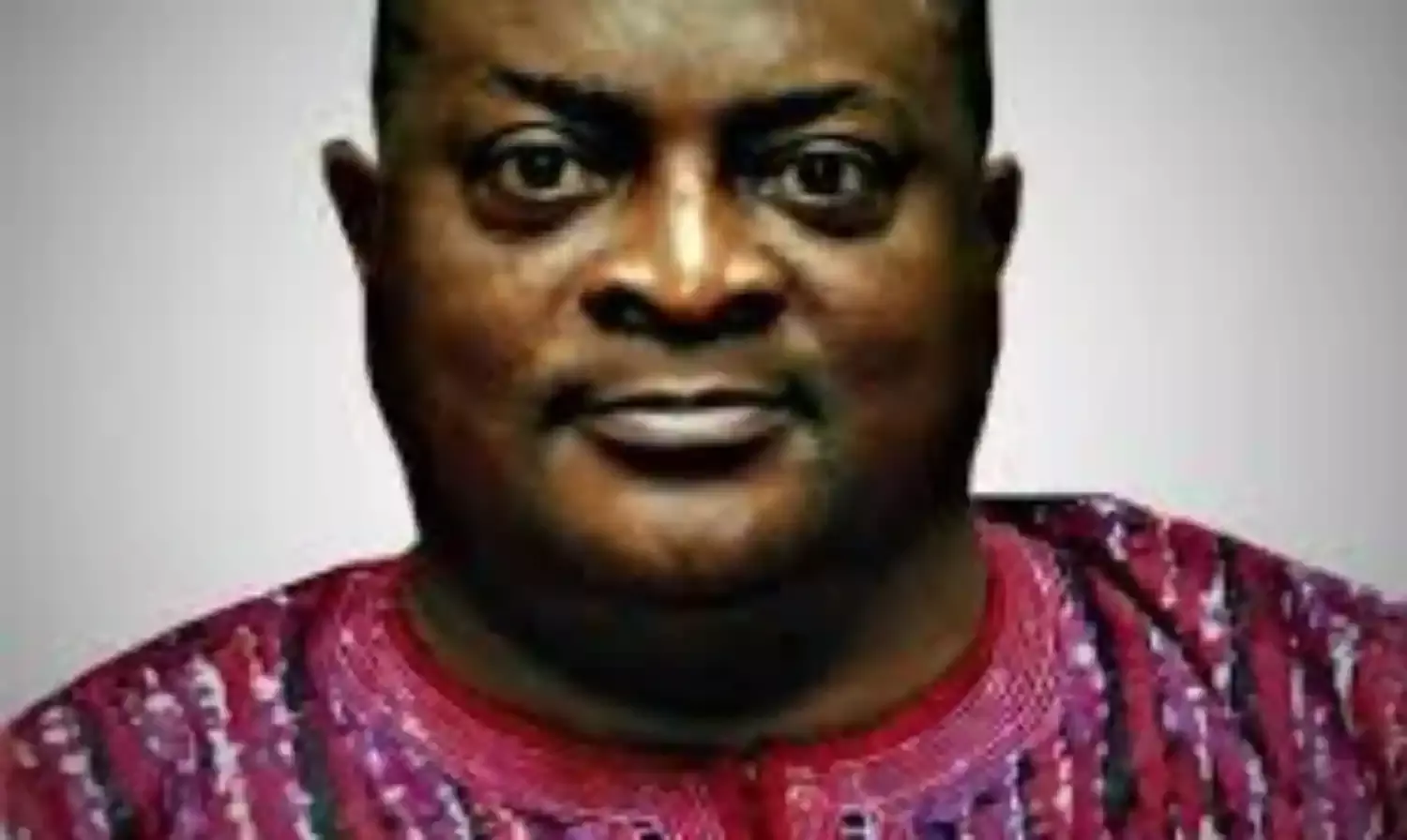Lawyers urges FG to provide critical infrastructure with subsidy savings
Shittu, who is also a prosecutor for the anti-graft agencies, noted that about USD1.23 billion was reported to have been saved in just two months of scrapping the fuel subsidy.;

A legal luminary, Mr. Wahab Shittu, has advised the Federal Government to use savings from fuel subsidy to build critical infrastructure that would benefit all Nigerians.
Shittu gave the advice at the 2nd Mohammed Fawehinmi Annual Lecture and 1st Scholarship Award held in Ikeja on Friday.
Supreme News reports that the lecture had the theme “Removal of fuel subsidy and their impact on the Nigerian masses”.
Shittu, who is also a prosecutor for the anti-graft agencies, noted that about USD1.23 billion was reported to have been saved in just two months of scrapping the fuel subsidy.
Mrs Basirat Fawehinmi-Biobaku presenting financial assistance to one of the PWDs
He said the fuel subsidy removal should be matched with corresponding improvement on the social welfare protection programmes if the current reforms would make any meaningful impact in the economy.
The lawyer recalled that nearly all the presidential candidates in the buildup to the 2023 general elections campaigned on the removal of subsidy as a necessary imperative if the country was to get out of the present economic crisis.
He further added that they also agreed that fuel subsidy had dangerously encouraged corruption in the way and manner the policy was implemented thereby enriching the very few at the expense of majority of Nigerians.
He, however, said the challenge was not in the removal of the subsidy but in practical implementation of allied programmes that would impact positively on the general welfare of the people.
Shittu said that persons who disagreed with subsidy removal claimed that the timing was not right and that sufficient measures were not put in place to reduce its adverse effect on the populace.
He, therefore, advised the federal government to provide palliatives to cushion the effect of subsidy removal in a well-thought-out manner designed to benefit the masses.
He also urged the government at all levels to cut its expenditures to ensure the success of the new policy regime.
Earlier in his speech, the General Secretary of the Nigerian Bar Association (NBA), Adesina Adegbite, had described the late Mohammed Fawehinmi as a consummate barman who was radical on issues affecting the masses.
According to him, Mohammed was a radical soul who took after his father, the late Chief Gani Fawehinmi.
“He was not just a bar man but also a man of the poor masses who used the instrumentality of the law to fight for the masses.”
Mrs Basirat Fawehinmi-Biobaku also said the event was the greatest legacy that she could bequeath to her late brother who she said was a friend of the masses.
She narrated how the late Mohammed celebrated his 60th birthday by dining with the beggars at their Ikeja GRA residence a couple of years ago.
On the financial grant to People Living with Disability (PWDs) and scholarship, she said it was enough to impact on the life of the beneficiaries.
The Chairman of the event, Mr Yinka Olatunji, said the theme was informed by the untold hardship and economic shock Nigerians masses were experiencing as a result of the removal of subsidy.
He said that if Mohammed was alive, he would have been uncomfortable with the resulting economic hardship arising from the removal of subsidy and acted to favour the masses.
“The less privileged, the beggars were Mohammed’s people whom he took care of, made them feel comfortable, supported them financially and gave scholarship to their children,” he said.
Supreme News reports that 30 PWDs, including artisans, hairdressers, make-up artists, shoemakers, and tailors, received financial support, while some were given scholarship awards.

